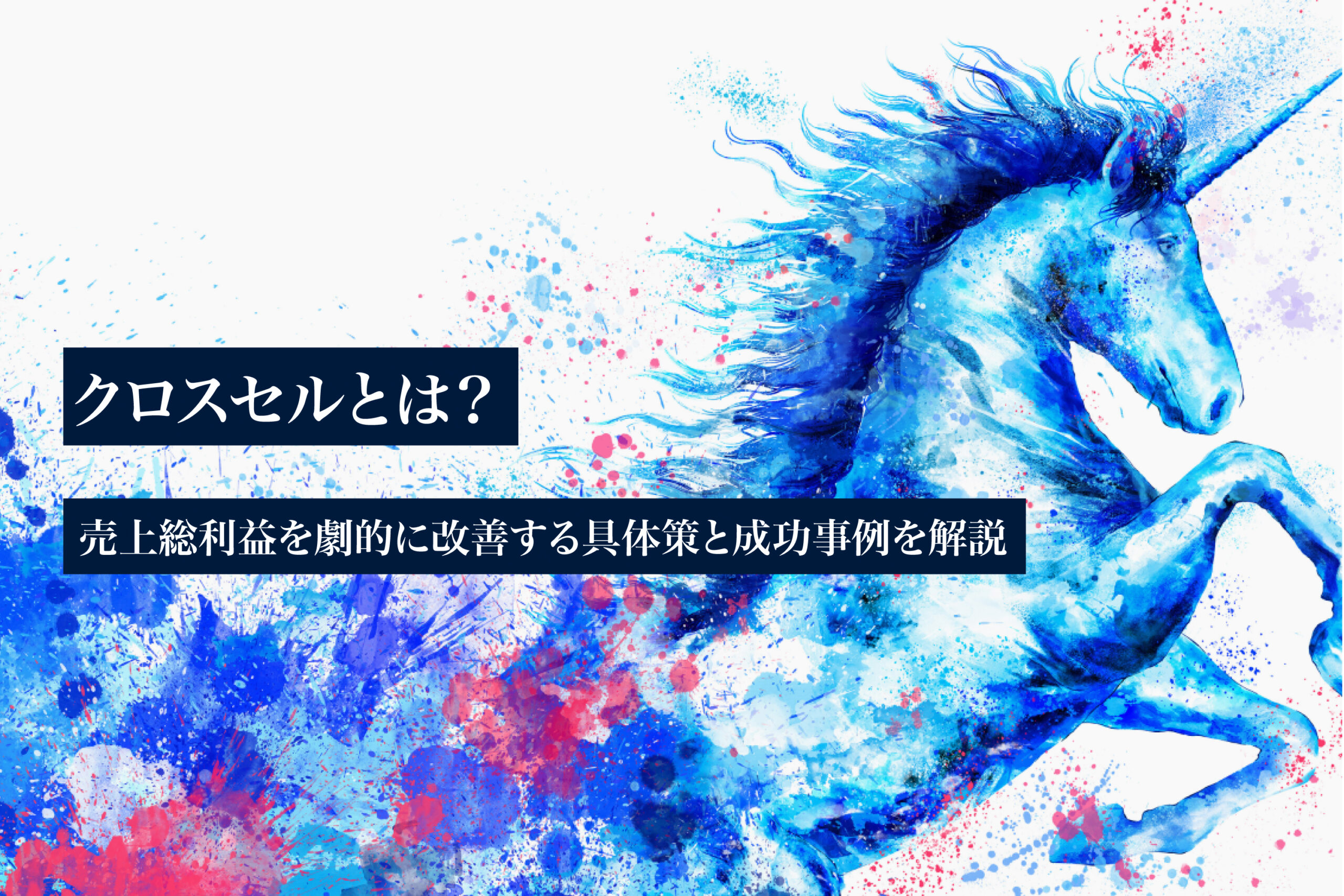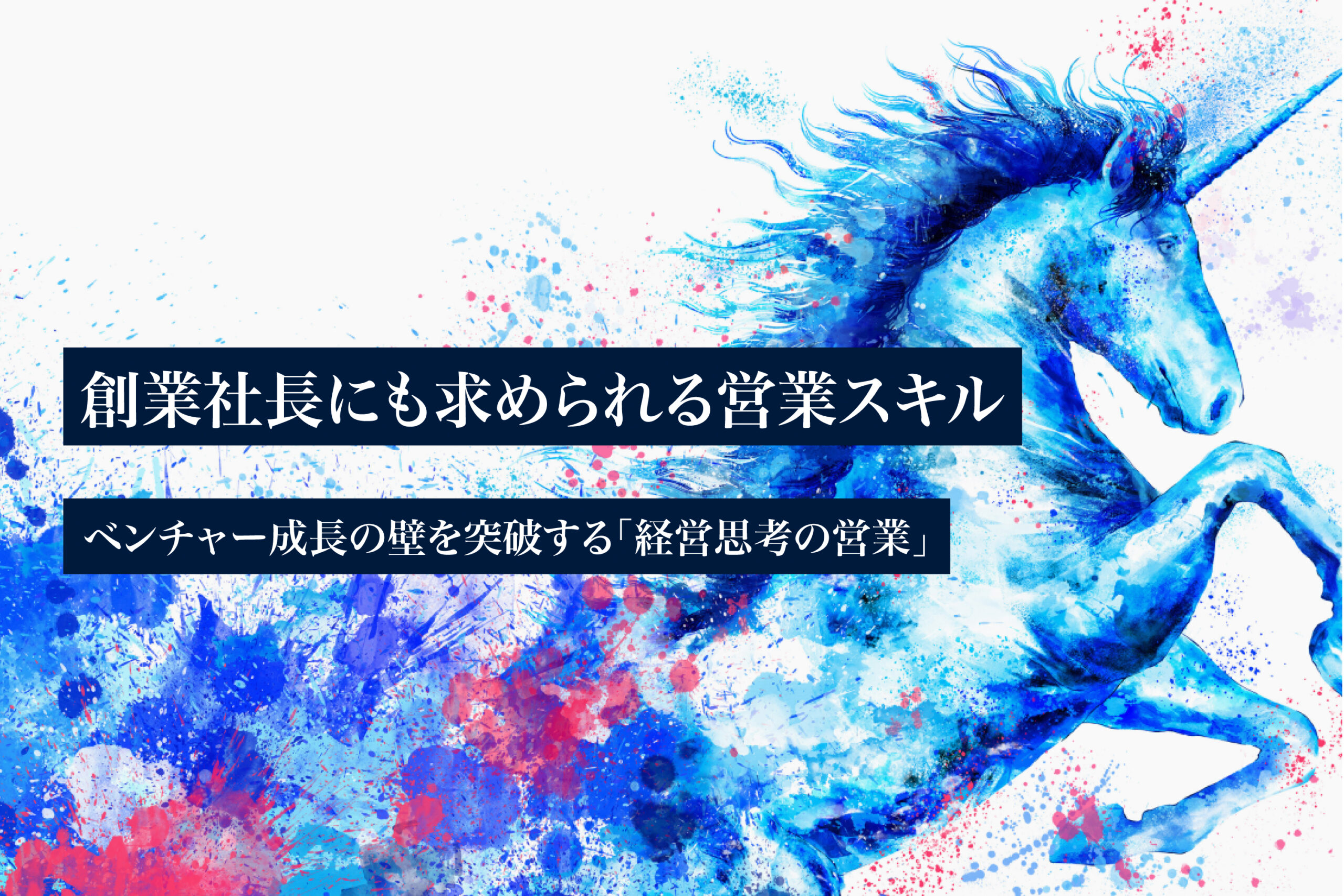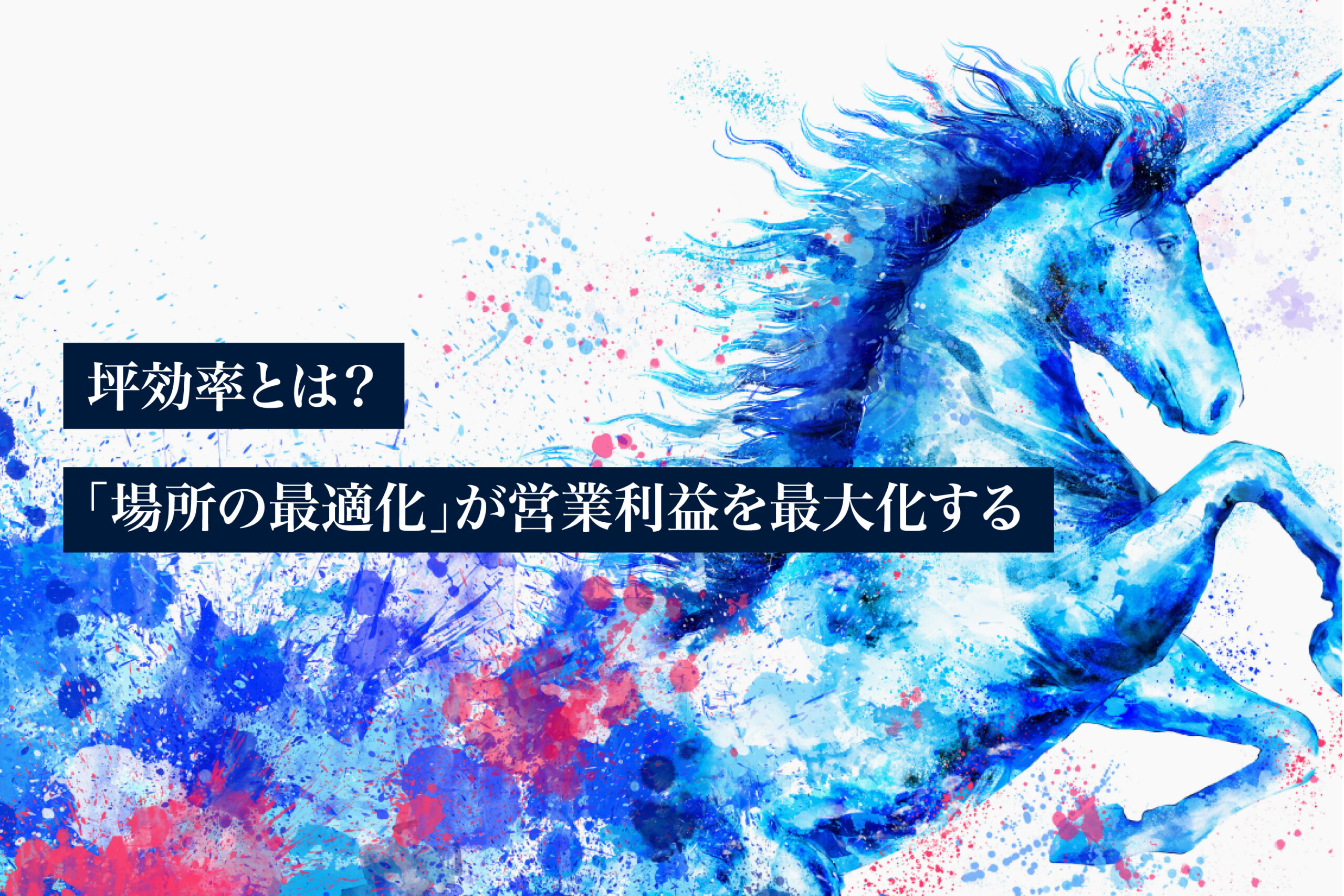
At D-POPS GROUP, we understand a “Venture Ecosystem” to be a dynamic platform that enhances the growth and sustainability of a community of enterprises. United by a shared identity and philosophy, these companies continuously innovate to address critical social challenges through groundbreaking business models. We are committed to making this ideal a reality through daily strategic efforts and unwavering dedication.
Below is an expanded explanation of a Venture Ecosystem.
1. What is a “Venture Company”?
In Japan, startup companies—whether in the early stages of seed financing or the late stages of major corporate development—are also known as venture companies. Kotobank, a Japanese online dictionary, contains the following definition:
During times of transition in industrial structures, the leading role of industry changes, new businesses that did not exist before are born in cutting-edge fields, and new markets are created. Companies that rapidly invent unique technologies and products according to the needs of such times are called “venture companies”.
To put it a little more broadly, if a culture of challenge permeates a company from the top executives to the employees, and if that company is tackling new areas with unique ideas and business models, it can be called a venture company. In addition, an enterprise that did not start up recently but continues to challenge itself with ever bolder undertakings can also be considered a venture company, no matter how large it may be. In this sense, any Japanese company can be called a venture company as long as it has the spirit of a startup.
With this viewpoint, we consider the consumer-to-consumer online marketplace Mercari (which has released new services one after another according to their value statement, “Go Bold”) and Rakuten Group (which launched Rakuten Mobile with completely new base station technology even after it had achieved significant growth) to be exemplary Japanese venture companies.
Internationally, companies like Alphabet and Meta are still brimming with venture spirit, as well.
2. What is senmitsu?
In the real estate industry, it is said that only about three out of every thousand negotiations will successfully close a deal, and this concept is expressed in the Japanese business term senmitsu (literally translated, ‘thousand-three’). In the food industry, it is said that only three products out of a thousand will become an enduring staple in the marketplace, so the term senmitsu is used there, as well.
In the venture capital (VC) industry, the data from a case study on funding reveals that out of a thousand companies interviewed, 3% of those are considered for investment, one-third of that 3% actually receive funding, and then only 30% of those ventures successfully exit. Therefore, (1000) ✕ (0.03) ✕ (⅓) ✕ (0.3) = 0.3% = 3 out of 1000…in other words, senmitsu.
Thus, the probability of success for a venture company is extremely low.
However, the probability of success can be increased, depending on the following factors:
(1) Continuing to strive with greater effort than anyone.
(2) Learning from and helping other colleagues in the same situation.
(3) Consulting and receiving support from senior managers and mentors.
(4) Learning from both successes and failures in starting new businesses.
3. What is an Ecosystem?
In ecology, the term “ecosystem” refers to a community of organisms and the environment that surrounds them as a somewhat closed system. When the organisms that exist in a certain area and the nonliving environment that surrounds them are considered together as one system that is closed to some extent, this is called an ecosystem. (Source: Wikipedia.org)
If we transpose this to the business world, we can say that it is a group of companies with a certain common identity and philosophy, regardless of whether or not they are physically gathered in a certain area.
Imagine a forest, which is composed of a variety of plants, the insects and small animals that carry those plants’ seeds, and the larger animals that prey on them. The forest is perpetuated and grows through the mutual interdependence of these animals and plants, which eventually decay and turn to soil, providing nutrition for future generations in an unending cycle.
Now, replace this metaphorical forest with a group of actual companies. When a community grows and sustains while mutually influencing other members, that is what we call a business ecosystem.
Now, what are the specifics of a business ecosystem?
4. Collaboration
Companies in an ecosystem are not enemies or competitors who are constantly at each other’s throats. Rather, they are colleagues who have a good relationship and positively influence each other. As such, there will be a natural tendency for them to initiate the following cooperative measures.
(1) Pioneering customers
Introducing each other to new corporate and consumer customers, and jointly cultivating new markets to increase the number of fresh clients. (This means more than simply providing work for each other.)
(2) Industrial cooperation
Supporting sales efforts by leveraging the existing sales channels of one company to introduce new products or services from another. Such business partnerships are not marked by mutual distrust, but rather by discussions conducted in good faith and contracts based on consistent, reasonable terms.
(3) Personnel exchange
Companies within the ecosystem will exchange information as well as executives, engineers, marketers, and others in the same position and job category with other companies to stimulate each other. This includes everything from short-term secondments and temporary relocations to personnel transfers.
(4) Generating new business
This collaboration and personnel exchange among companies will act as the impetus for inspiring ideas to improve efficiency and create new businesses, products, and services. This not only increases profitability, but also sows the seeds for future growth.
5. Mutual Learning and Support
Corporate management is not always smooth sailing. Competitive conditions and rapid changes in the marketplace often put companies in very difficult situations. To successfully navigate through these stormy seas, they need to learn from and help each other.
(1) Study groups
In fields where expertise is required, affiliated companies hold study sessions. These are taught by knowledgeable individuals from within the ecosystem or by guest lecturers. Social events are also held on a regular or irregular basis, and great ideas can come out of these, as well.
(2) Lending and transfers
When there is a temporary shortage of personnel at Company A, such as during the launch of new routes or systems, personnel from Company B—which has sufficient staff at the time—are sent to Company A to help them. In return, when Company B is in the same situation, Company A sends personnel to aid them, too.
(3) Joint recruiting activities
Joint information sessions allow the recruitment of many talented individuals to their optimal positions among the many companies within the ecosystem. However, these activities can only be successful if the identities and fundamentals of every member are aligned, since that will attract candidates who resonate with those shared principles.
6. Ecosystem Renewal
The ecosystem is not just a collection of companies that are all the same size and in the same industry. Rather, it includes diversity and a wide range of development, from startups that have just begun to senior entrepreneurs who have a long track record but continue to take on new challenges. As mentioned above, corporate management is not always smooth sailing. Indeed, there are times when companies have to close their businesses.
Therefore, the idea of constant renewal is a crucial feature of the ecosystem.
(1) Startup businesses
The most important role in the ecosystem is played by startup companies that create new businesses. They exemplify the seeds of a forest or the eggs of a nest. Internal entrepreneurship and the budding of independent off-shoot companies is encouraged, and parent companies invite them to continue a business relationship. Equally as important, when the community encounters outstanding startup companies that share its philosophy, it invests in them and welcomes them to join the ecosystem and establish capital ties with the other members.
(2) Mentors
Within the ecosystem, a group of advisors and mentors with a wealth of knowledge and experience is absolutely essential. In our forest analogy, they stand as giant, centuries-old trees that store abundant nutrients and provide water. They introduce prospective clients from their network of contacts built up over time; they happily allow junior leaders to bounce ideas off of them for planning business strategies; and they provide training for the executives and managers of each company in the ecosystem regarding organizational theory and how to cultivate a healthy working culture.
If an entrepreneur has a mentor or senior manager who can be consulted at any time, he or she will have exponentially more success than one who works alone without anyone to consult.
(3) Role of alumni
As companies grow through friendly competition and mutual learning and support, it is only natural that some leaders will successfully exit through going public or through strategic acquisitions.
When these “alumni” (former leaders in the community) leave to pursue other opportunities, they may or may not choose to return to their original company in the future. Either way, because they are still united in philosophy and principles, they do not cease to be a part of the ecosystem. Rather, alumni remain involved in the community as lecturers in study sessions, as interim managers to help restructure companies that are struggling, and in other roles as they are invited.
(4) Rebirth and revival
Suppose there is a company that unfortunately cannot avoid liquidation. However, among the employees of this company, there are many talented people who would be valuable anywhere. Perhaps the leader of this company was not well-suited for management, but was an incredibly capable lead engineer.
If these skilled employees are able to change roles and transfer to other companies in the ecosystem, they could very well make tremendous contributions there. Providing a platform for people in the ecosystem to continue to shine as brightly as possible by starting again, or opportunities for recovery—this is what truly characterizes an ecosystem.
7. What is a Venture Ecosystem?
To synthesize all of the various aspects mentioned above, a Venture Ecosystem has the following defining features:
(1) Consisting of companies with an indomitable, entrepreneurial spirit
(2) Members that learn from and help each other
(3) Personnel united under a common philosophy and culture
(4) Growth and renewal on an individual basis, leading to continuous growth as a whole
(5) Birthing new startups from within, and expanding through acquisitions
(6) The entire community standing together, with a united front, to face changes in the environment
(7) A platform that supports the growth of the community
More comprehensively, a Venture Ecosystem can be described as: “A platform for growth and sustainability that supports a community of enterprises that are united by a common identity and philosophy and continue to take on the challenge of solving social issues through highly innovative business models.”
D-POPS GROUP and the companies participating in its Ecosystem will continue to learn from and support each other, striving daily to become a platform that is indispensable to society.
We hope this article helps you to understand the meaning of “Venture Ecosystem” in D-POPS GROUP’s long-term vision of developing a Venture Ecosystem that is essential to society.
D-POPS GROUP Advisor
Genta Sugihara






